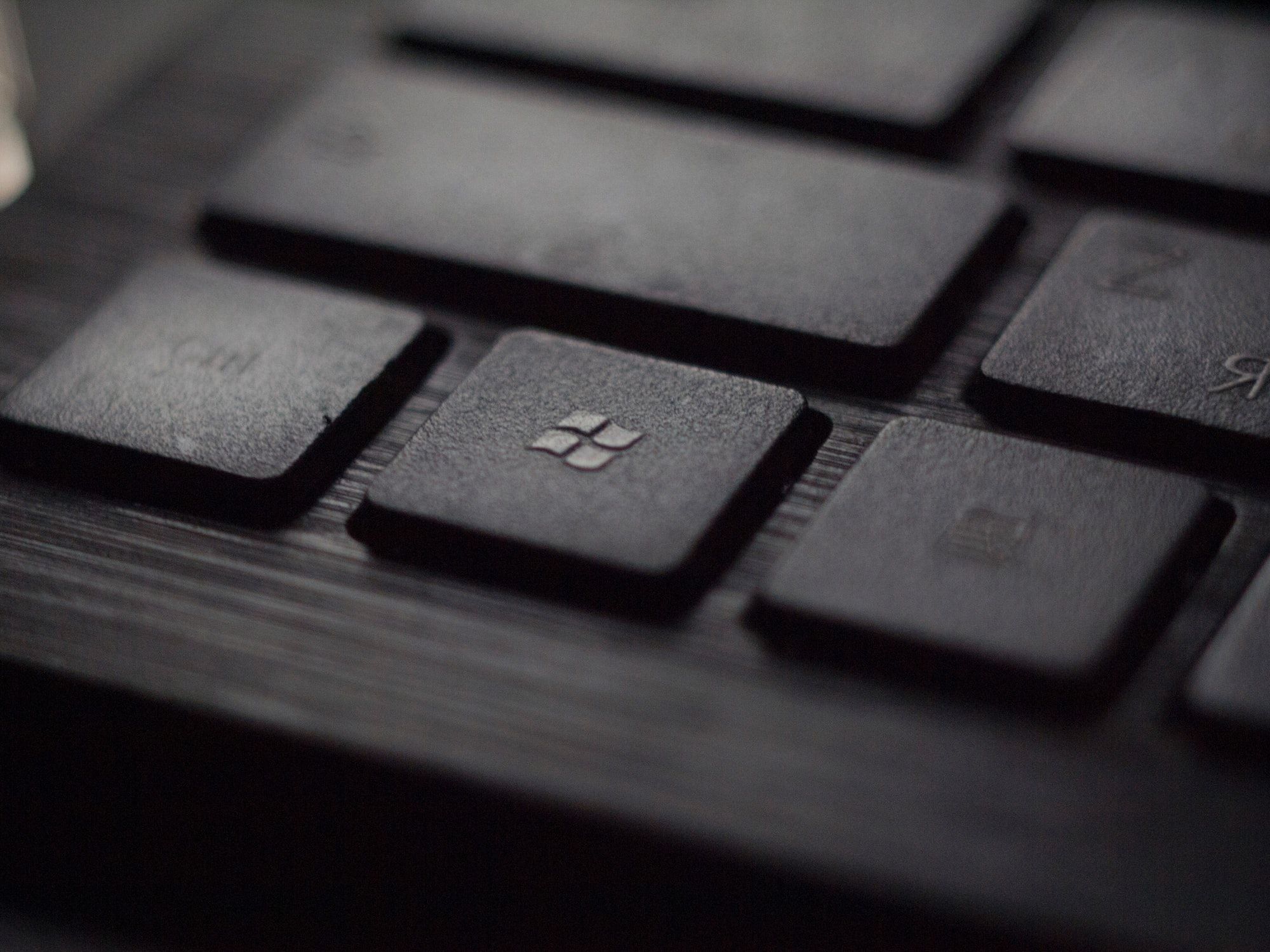There's a saying that goes something like, "There's no price better than free". It's an attitude that may get you somewhere when you're deciding to go on a hike instead of the cinema, or trying a free sample. When it comes to free RDP servers, though, we think the reality is a little more complicated.
Though the allure of a free RDP server is temping, as with any online service you have to ask yourself: why are they giving it away? Hosting an RDP server costs money – something we here at BitLaunch know very well. Delivering a server for free would significantly cut into a business' profits. So, how are free RDP server hosts justifying this cost?
Data collection
Some free RDP sites don't provide servers at all. Sure, they promise it on their website, along with a lot of other fancy words, but signing up will net you nothing. Instead, the host will save your sign up details and sell them off to marketing agencies for a quick buck.
In a more nefarious situation, the host may deliver the server to you but spy on your usage and sell that. You might not even know they're doing it.
Free trials
Perhaps a more common tactic is where the host suckers you into signing up to their site only for you to find out that the "free" really means a free trial. Often, they rely on you entering your credit card details in advance and forgetting to cancel. Or, they offer them for such a short period that you'll soon have to pay anyway. In reality, these trials are more of a way to test out their service rather than real-world usage.
To be clear, there's nothing wrong with offering free trials – BitLaunch also offers some free credit so you can test our service. The important thing is that it's easy to cancel, and you know what you're getting into in advance. If you're willing to migrate RDP provider often, you may be able to survive by jumping from free trial to free trial, but time is money, and ultimately, the best experience will be a paid one.
A compromized experience
In the best-case scenario, the server host will deliver, and you'll get your free RDP server. However, in the vast majority of cases, it'll be a very low-spec server that's just about plodding along. Remember that Windows 10 is a resource-intensive OS and needs at least a gigabyte of RAM and a 1 GHz processor to run – at a resolution of 800x600. Once you start running applications or webservers on it, it's going to be basically unusable.
On top of this, the server host is unlikely to dedicate many, or any, resources into keeping the servers maintained, online, and secure. After all, they aren't generating any revenue from it. Ultimately, they tend to make for a very frustrating experience – which is likely what the provider is betting on. The hope is usually that you'll get into their ecosystem with their free server and then be forced to upgrade when you quickly run out of space, performance, or network budget.
What to do instead
Pretty much any machine will do you better than a free RDP server. So, if you have an old laptop around, you're probably better off installing Windows 10 on there and using a tool like shutup10 to remove bloatware and background processes you don't need. Then, you can just use your old PC as a home server and RDP into it at will.
If you don't have luxury of old hardware lying around and don't want to pay a subscription to a server host, you can buy something like a Raspberry Pi 4 for $35, install Windows on there, and still have a better experience than a free server host.
Of course, with any of these alternatives, you're reliant on the speed and networking of your home internet. If you're planning to host a website, game server, or anything serious, then the best bet is to just pay for hosting. That way, you can access a 1gbps connection and ensure consistent uptime.
Want an RDP server host that doesn't hold onto your data? Sign up to BitLaunch today.
